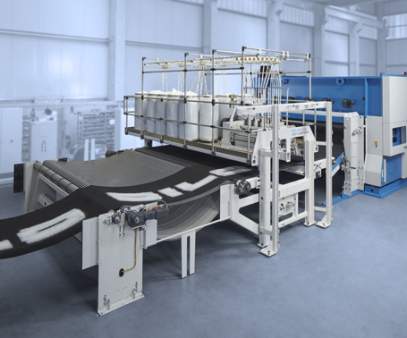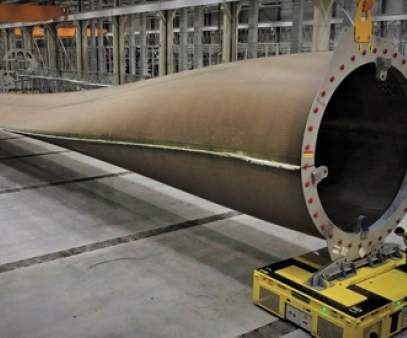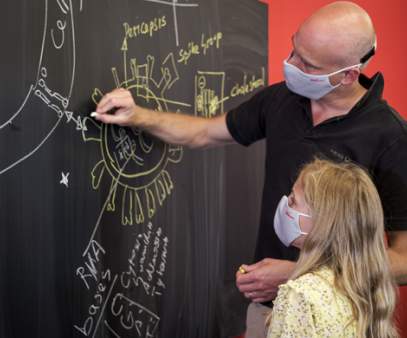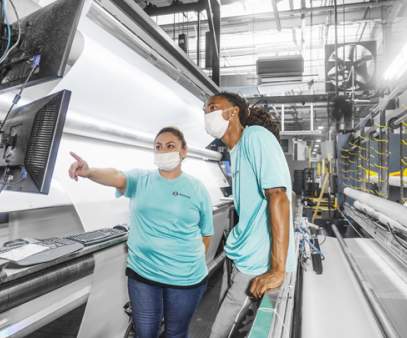WELCOME TO TECHNICAL-TEXTILES.NET, the web's most comprehensive source of information about the world of performance and technical textiles. Full membership gives access to: unique feature articles; relevant, edited and verified news; events and more, to keep you up to date with the latest developments in materials, technologies, processes, patents and research, and business and markets










